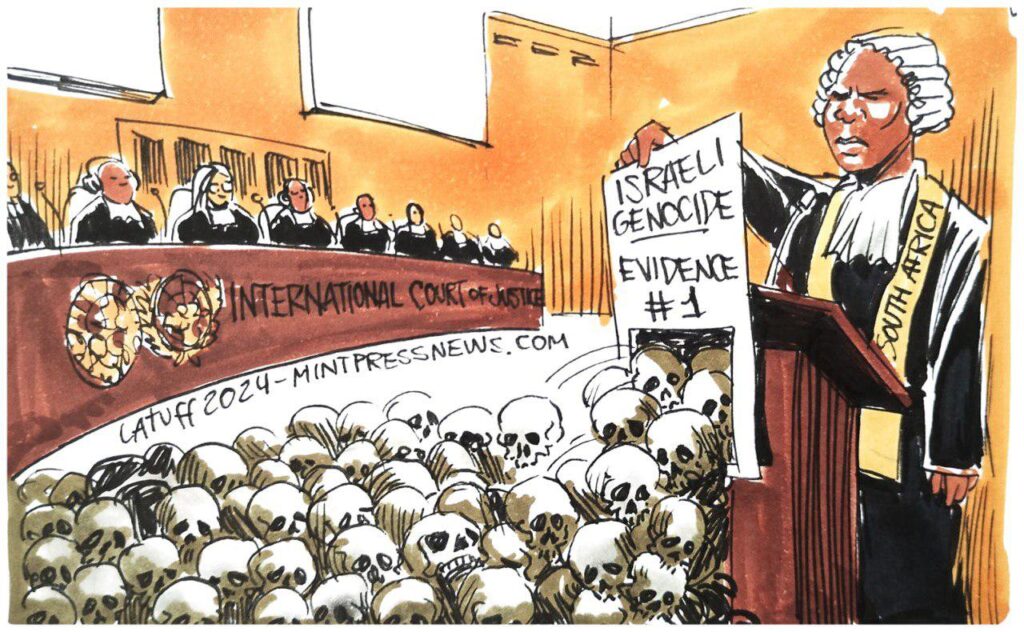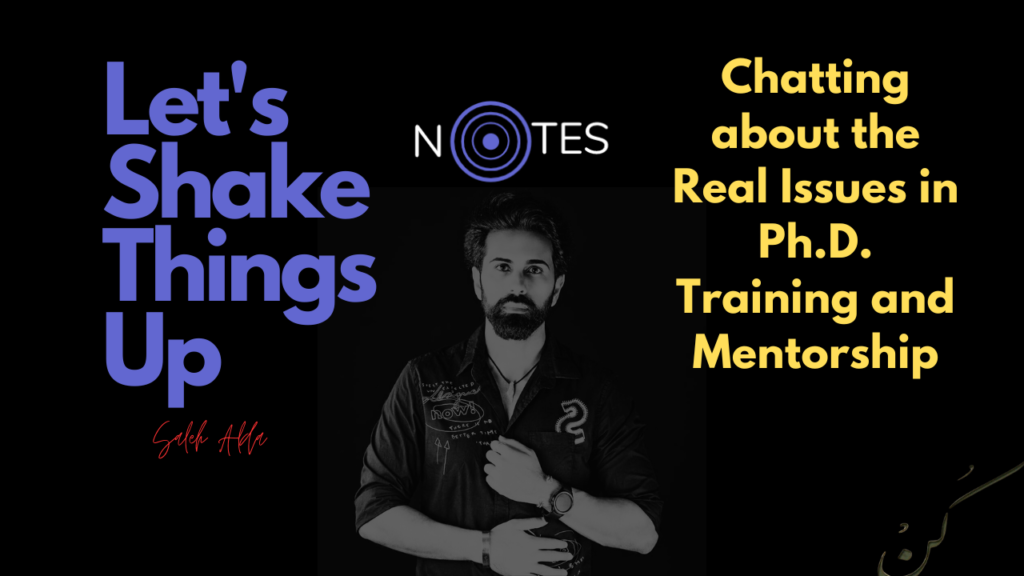The PLO’s Role in the South African Anti-Apartheid Movement: A tale of Solidarity and Resistance
Your Daily Dose of Interdisciplinary Insights
The latter half of the 20th century marked a pivotal era in global politics, characterized by a surge of liberation movements challenging the status quo of colonialism and racial segregation. Central to this period were two movements: the Palestine Liberation Organization (PLO) and the anti-apartheid movement in South Africa. This comprehensive article aims to shed light on the PLO’s influential role in supporting South Africa’s quest to dismantle apartheid, a brutal system of racial discrimination and segregation.
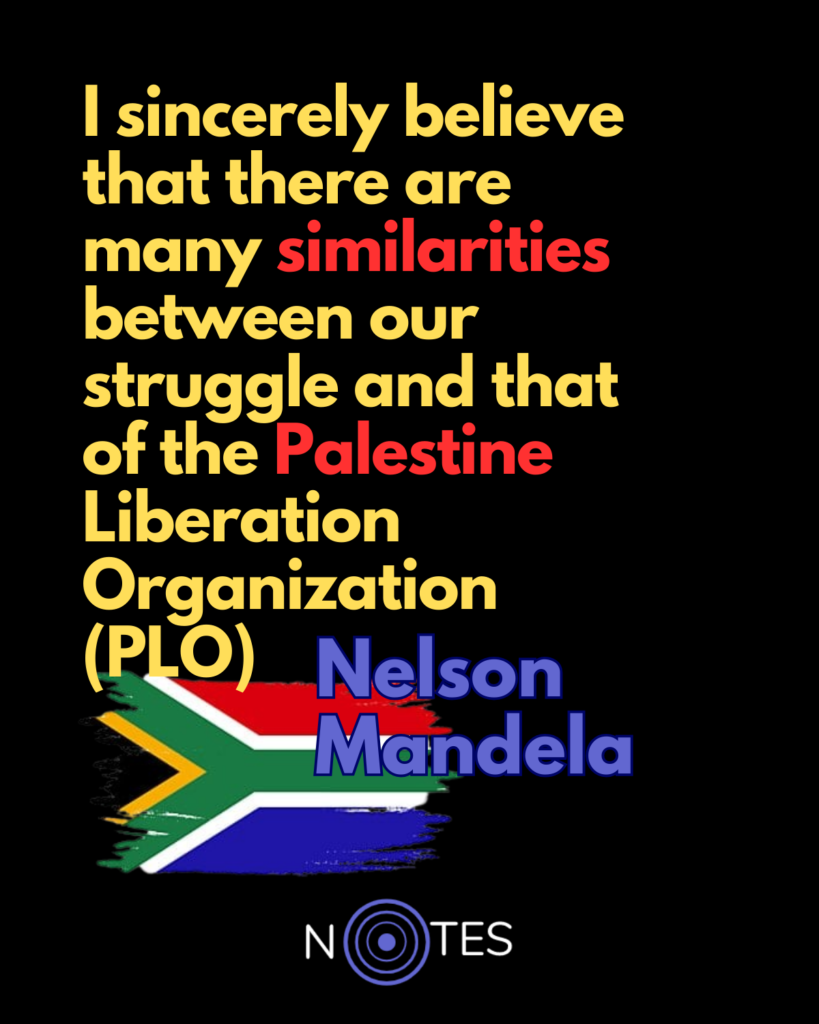
International Solidarity: The PLO’s Impact on South Africa’s Anti-Apartheid Struggle
The significance of the PLO’s involvement goes beyond mere political alliance; it symbolizes a profound statement of international solidarity. We explore the complex layers of political, ideological, and military alliances that the PLO formed with the African National Congress (ANC) and other South African liberation groups. Geographical boundaries or cultural differences did not confine these alliances; instead, they represented a united front against a common enemy: the oppressive systems of racial discrimination and colonial domination that plagued many nations.
I try to navigate the intricate dynamics of the PLO’s support, ranging from military training and resource provision to diplomatic advocacy and ideological camaraderie. This support extended beyond a token of solidarity; it was an active and strategic engagement in a shared struggle against oppression. The PLO’s efforts in the South African anti-apartheid movement reflect the broader theme of international solidarity during this era, where oppressed peoples across the globe stood together in their fight for dignity, equality, and self-determination.
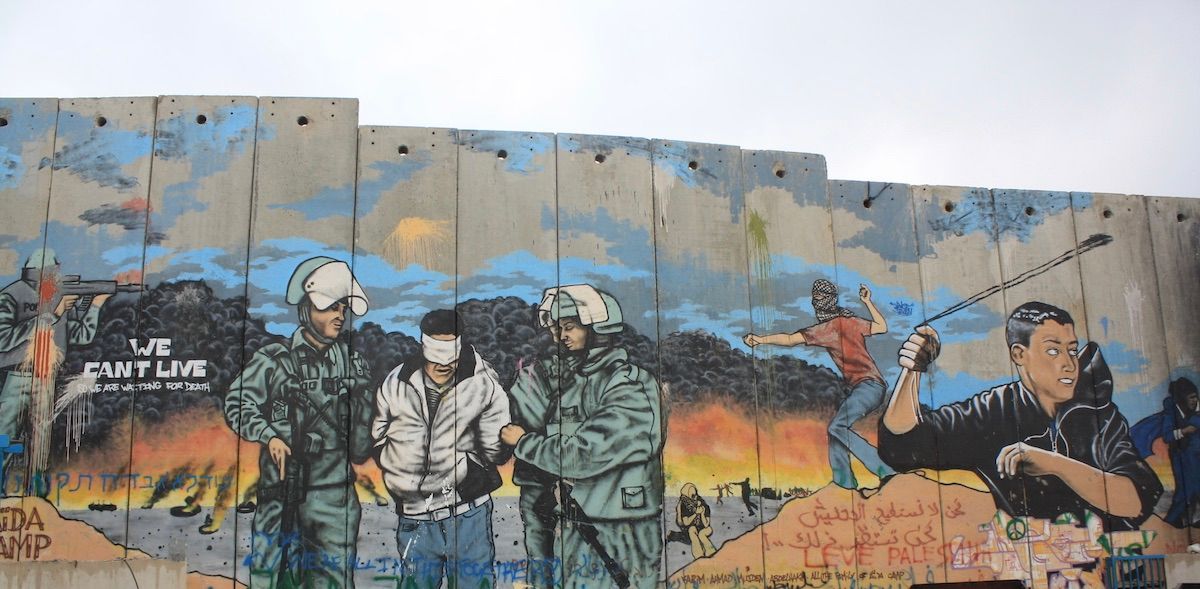
As we examine the various dimensions of the PLO’s involvement, from military assistance to diplomatic endeavors, we uncover an often overlooked yet crucial chapter in the history of global resistance movements. This exploration provides insights into the dynamics of international solidarity and highlights such alliances’ enduring impact in shaping history.
Historical Context
Unity Against Oppression: PLO and ANC’s Shared Ideological Grounds
The PLO, established in 1964, quickly emerged as a symbol of resistance and national liberation during the tumultuous 20th century. Under the leadership of Yasser Arafat, the PLO became a prominent figure in the global struggle against imperialism and colonialism. Its inception and activities were not just a regional concern but resonated worldwide, especially among other oppressed groups. Parallel to the PLO’s rise, the anti-apartheid movement in South Africa, primarily spearheaded by the African National Congress (ANC), was gaining momentum in its fight against a racially-based oppressive regime.
Both organizations were born out of a necessity to combat systems of oppression that denied fundamental human rights based on race or national identity. The ANC’s fight against apartheid in South Africa mirrored the PLO’s struggle against Israeli occupation in Palestine. Both movements were political struggles and a fight for cultural identity, dignity, and self-determination. This shared ideological ground laid the foundation for a unique and powerful alliance.
The larger global contest between the superpowers often influenced and shaped the PLO and ANC’s struggles. However, despite these external influences, the bond between the PLO and ANC transcended geopolitical maneuvering. It was rooted in a shared understanding that their geographically and culturally distinct struggles were fundamentally interconnected.
Military Training and Resources
From Guerrilla Tactics to Resource Sharing: PLO’s Tactical Contribution to the ANC
The PLO’s support for the South African anti-apartheid movement was multifaceted, with one of its most significant aspects being military training and resources. Members of the ANC and its military wing, Umkhonto we Sizwe, benefited greatly from the guerrilla warfare expertise provided by PLO operatives.
The training provided by the PLO was extensive and diverse, covering various aspects of guerrilla warfare. ANC members received instruction in asymmetrical warfare tactics, essential for combatting the well-equipped and organized South African Defense Forces. These sessions were not limited to combat skills but encompassed broader military strategy and organizational skills. The training took place in diverse locations, including PLO camps in the Middle East and Africa, symbolizing the global reach of the PLO’s support.
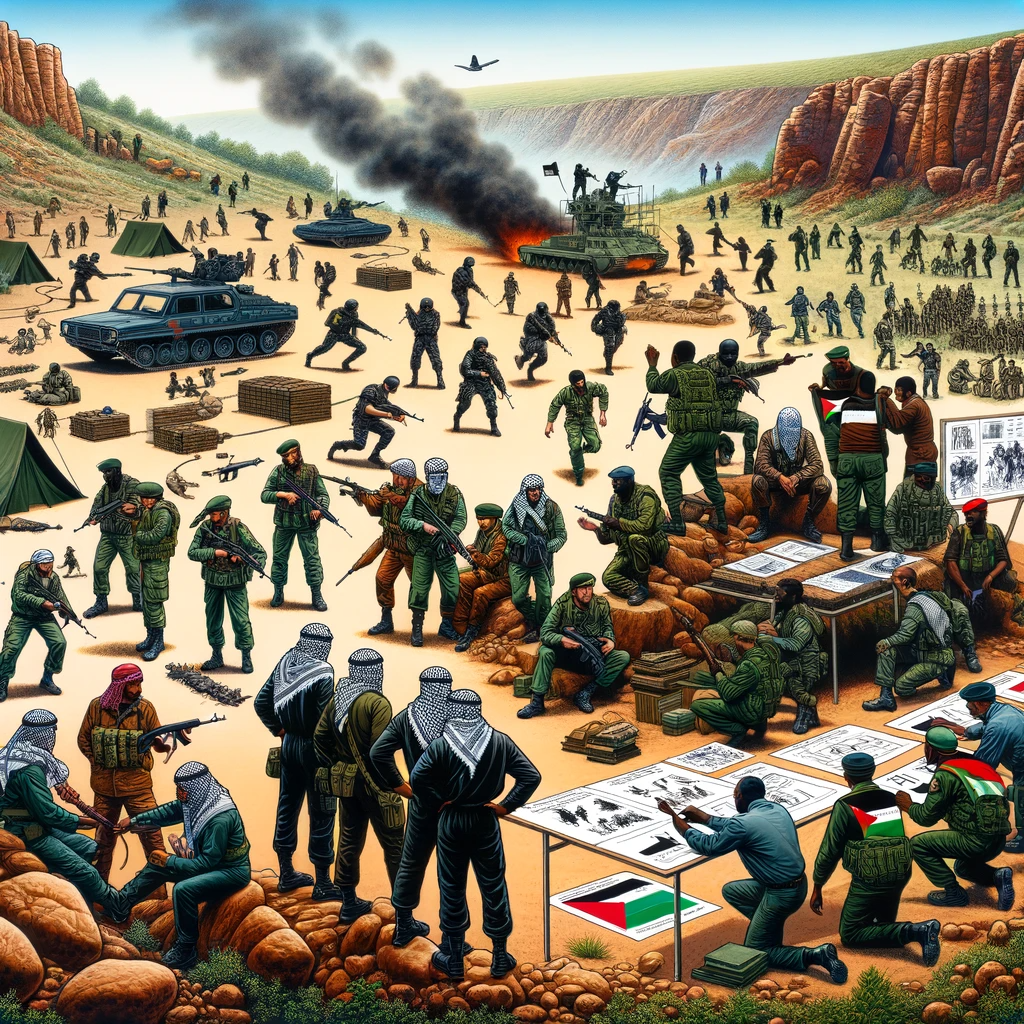
In addition to training, the PLO’s provision of military hardware, although limited, played a critical role. The nature and extent of this support, including arms and ammunition. Despite its resource constraints, the PLO’s commitment signified a deep solidarity with the South African struggle.
The PLO’s assistance went beyond the battlefield; it symbolized mutual respect and recognition between two liberation movements facing similar challenges. The impact of this military dimension is profound, highlighting the lengths to which liberation movements would go to support each other. It underscores the pragmatic aspects of international solidarity, where support is ideological but also tangible and practical, leaving a lasting imprint on the ground and equipping freedom fighters with essential skills and knowledge.
Information and Strategy Sharing
Exchange of Insights: How PLO and ANC Learned from Each Other
The collaboration between the PLO and ANC transcended physical resources and military training, extending into strategic and informational exchange.
With its extensive experience in dealing with a powerful and well-equipped military opponent, the PLO had valuable insights that were highly relevant to the South African context. The strategies developed by the PLO in response to Israeli army tactics offered practical lessons for the ANC in its fight against the South African Defense Forces. These included mobilization methods, asymmetric warfare techniques, and strategies for sustaining a long-term resistance movement under oppressive conditions.
Conversely, the ANC’s unique experiences under the apartheid regime provided the PLO with lessons in handling a liberation movement under a racially oppressive and segregationist system. This exchange of strategies was not one-sided; it was a dialogue that enriched both movements. The ANC’s innovative approaches to mobilizing communities and navigating the complex racial dynamics of South Africa offered the PLO insights into managing diverse societal challenges within a liberation struggle.
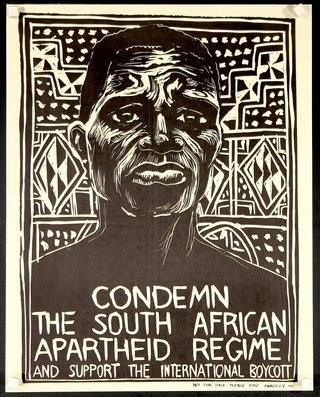
Sharing information and strategies between the PLO and ANC is a testament to the interconnectedness of liberation struggles. It highlights the importance of learning and adapting tactics from diverse contexts, underscoring the global nature of the fight against oppression. This mutual exchange of knowledge and experience strengthened each movement individually and contributed to the broader discourse on resistance and liberation strategies worldwide.
Diplomatic and Ideological Solidarity
Beyond Military Aid: The PLO’s Diplomatic and Ideological Support for the ANC
The PLO’s involvement in the anti-apartheid movement in South Africa extended far beyond providing military assistance, encompassing significant diplomatic and ideological support.
Diplomatically, the PLO leveraged its position in various international organizations and forums to draw attention to the plight of South Africans living under apartheid. By vocalizing support for the ANC and condemning the apartheid regime, the PLO played a crucial role in isolating South Africa’s government and elevating the anti-apartheid struggle on the global stage. This diplomatic advocacy was pivotal in garnering international sympathy and support for the ANC, contributing to the mounting global pressure that eventually led to the dismantling of apartheid.
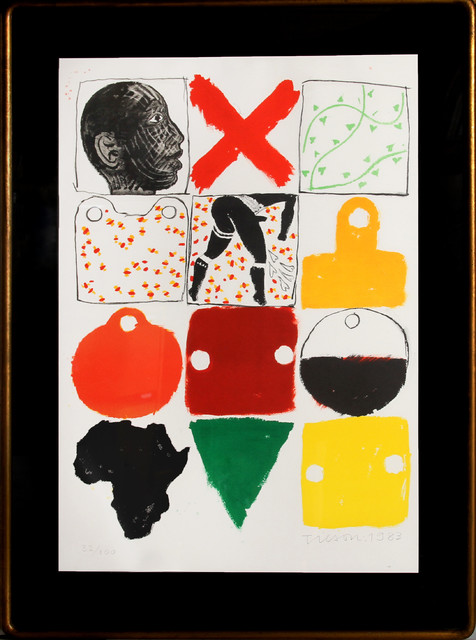
Furthermore, the ideological bond between the PLO and the ANC was profound and based on a shared struggle against colonialism and racial oppression. Though geographically distant, both movements found common ground in their fight for self-determination and equality. This solidarity was more than symbolic; it was a tangible manifestation of the broader non-aligned and anti-imperialist sentiments prevalent during the Cold War era.
The PLO’s ideological support extended to sharing strategies for maintaining cultural identity and nationalistic fervor in the face of oppressive regimes. This facet of their partnership underscores the importance of ideological camaraderie in sustaining liberation movements. It highlights how shared beliefs and goals can forge strong bonds between disparate groups, contributing to a united front against common adversaries.
Impact and Legacy
Assessing the Impact: The PLO’s Role in Shaping South Africa’s Fight for Freedom
Though often overshadowed by contributions from state actors, the PLO’s support for the South African anti-apartheid movement had a significant and lasting impact.
The PLO’s military, diplomatic, and ideological support played a substantial role in sustaining the ANC’s struggle against apartheid. While the military contribution was limited, the moral, strategic, and diplomatic backing provided by the PLO was instrumental in shaping the ANC’s approach and resilience. This support helped maintain international attention on the South African cause, contributing to the eventual dismantling of the apartheid regime.
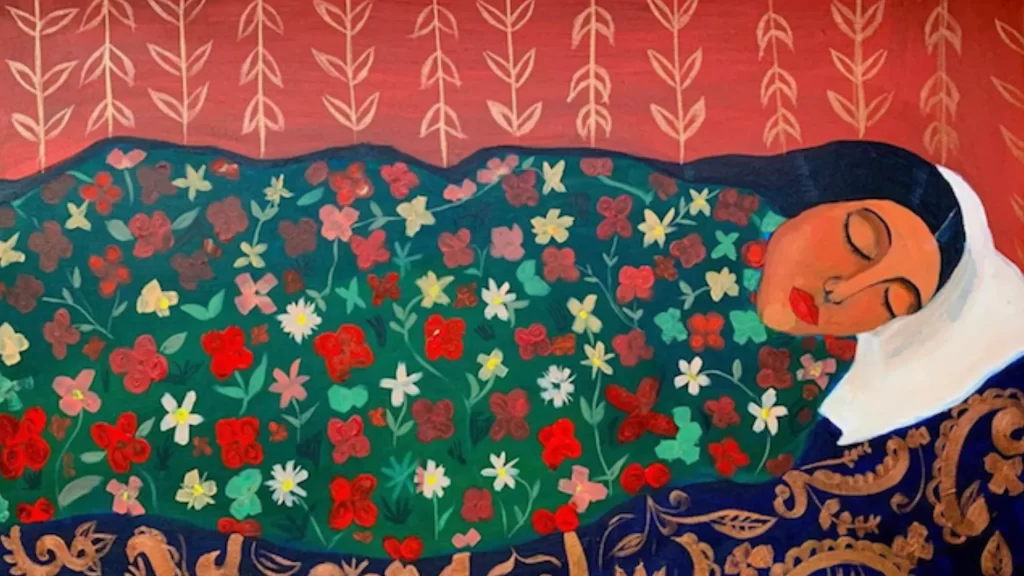
The legacy of this solidarity goes beyond the end of apartheid in South Africa. It is a powerful example of how transnational support and collaboration can significantly influence liberation movements. It underscores the importance of shared values and goals in overcoming systemic oppression and achieving self-determination.
Additionally, the enduring impact of this collaboration is evident in contemporary international relations. The PLO’s support for the ANC has become a case study of how non-state actors can influence global politics and contribute to significant social and political changes. This legacy continues to inspire current and future generations of activists and leaders in the fight against injustice and for equality.
Conclusion
A Chapter of Unity: Reflecting on the PLO’s Contribution to Global Liberation Efforts
The involvement of the PLO in the South African anti-apartheid movement stands as a significant chapter in the history of international solidarity. This article has explored various facets of the PLO’s support, from military training and resource provision to diplomatic, ideological, and strategic assistance. Each aspect of this support played a crucial role in bolstering the ANC’s struggle against apartheid, highlighting the interconnectedness of global liberation movements.
In conclusion, this exploration is a powerful reminder of the collective efforts required to combat systemic injustice and oppression. The PLO’s active engagement in the South African struggle, transcending geographical and cultural boundaries, exemplifies the strength and impact of international alliances in liberation efforts. It underscores the importance of solidarity, shared values, and mutual support facing common adversaries.
As we reflect on the PLO’s contribution, we gain insights into the dynamics of international solidarity and the enduring impact of such alliances. The legacy of the PLO-ANC partnership continues to resonate in contemporary struggles for freedom and equality. It stands as a testament to the power of unity and collaboration in shaping history and inspiring current and future movements worldwide.
